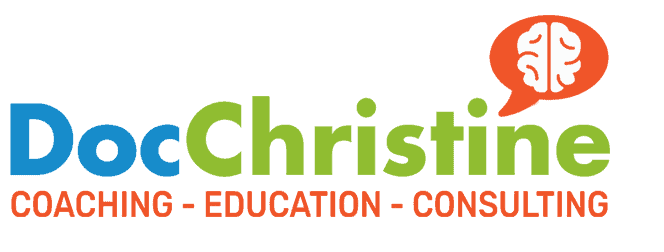Intermittent Fasting and Low-Carb Diets
When you start researching intermittent fasting, you might notice that it is often mentioned or recommended to people who are on low-carb diets like Keto or Atkins.
While intermittent fasting can definitely be done for anyone, regardless of your way of eating, it is very popular in low-carb communities. Here is more information about the link between intermittent fasting and being on a low-carb diet.
Why “Low-Carbers” Like Intermittent Fasting
There are many reasons why people on a low-carb diet will go for intermittent fasting, but a lot of this depends on the type of diet you are doing. With a low-carb diet, you are consuming less carbohydrates, and either moderate or high protein. If you are on keto, you have moderate protein, high fat, and low carbohydrates. Atkins prefers higher protein and slightly more carbohydrates than the ketogenic diet.
For someone on a low-carb diet, you are often adjusting to your varying sugar levels, attempting to stay full in between meals. With intermittent fasting added in, you learn to stabilize those sugar levels, so you aren’t craving sugar and carbs, which you can’t have on the low-carb diet.
Intermittent Fasting and Keto
If you are on the ketogenic diet, or keto, you have probably come across intermittent fasting. It is particularly popular for keto followers due to the unique benefits it provides you. With keto, you enter a state of ketosis. This is when your body begins burning fat for fuel, instead of carbohydrates. You can really increase the fat burning potential if you are also doing intermittent fasting, burning nearly twice as much fat as you normally would. Plus, intermittent fasting allows you to more easily control the amount of carbs you consume.
Try Low-Carb First
It is really important that you not start intermittent fasting on the same day that you start your low-carb diet. These should be spread apart so that you adjust to one thing before the next. It is ideal that you start your low-carb diet first, then remain on it for at least 2-3 weeks. Once your body has adjusted and adapted to the lower amount of carbs, you can then start transitioning into your preferred method of intermittent fasting. This gives you enough time to adjust to one big change before making another big change. It is also good to try it after you have become fat adapted on a keto diet, which takes a few weeks.
Did You Know?
We are offering a Course where we teach how to do Intermittent Fasting for Weight Loss safely and healthily*. It is meant to introduce you to this mode of healthy eating and give you tools and resources to implement it into your life. Periodically, we are doing a FREE 7 Day “Jump-Start Your Weight Loss” Group Program to help you get started on the “right” foot…. Check for the next challenge here: https://docchristine.com/finally-thin-forever-challenge
Check out the Intermittent Fasting Course HERE or click the button below:
*Disclaimer: If you have health issues or take prescription medications, please consult your personal healthcare provider before you implement any lifestyle changes. If your individual healthcare provider has no objections, you can try Intermittent Fasting. Read my full Disclaimer here.
For individual questions regarding the course or challenge, please book a free Call with us: https://calendly.com/5dwellness


